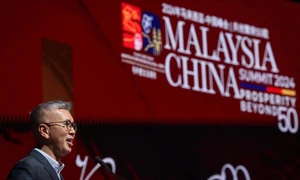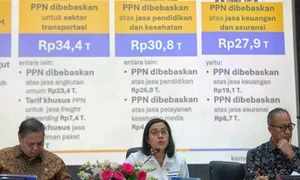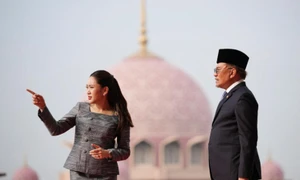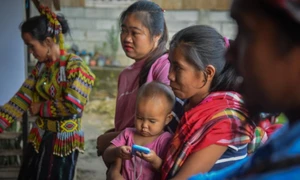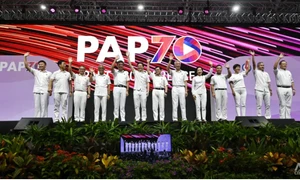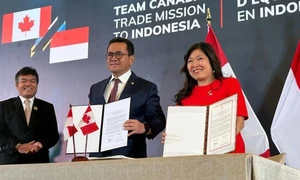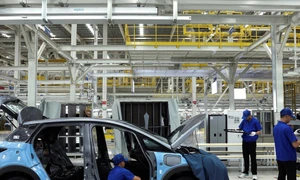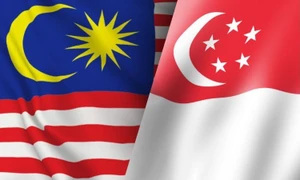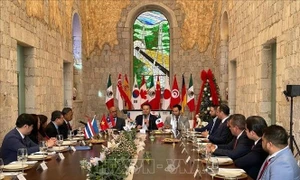
In a statement released on February 13, the Indonesian Trade Ministry's Director of Bilateral Negotiations, Johni Martha, said that the GRP chapter is the second chapter to be agreed upon by the two sides after the chapter related to hygiene and plant quarantine.
Johni said that the 13th round of negotiations was very important as both sides showed their willingness to push forward the negotiations.
He also expressed optimism that Indonesia and the EU can achieve the set goals without compromising quality and potential benefits of the deal.
At this round of negotiations, the two sides discussed 14 issues, including trade in goods, rules of origin, technical barriers, trade in services, trade security, investment, government procurement, transparency and regulatory compliance, dispute resolution, institutional regulations, intellectual property rights, state-owned enterprises, economic cooperation and capacity building, small and medium enterprises.
Johni emphasised that the organisation of the 13th round of negotiations was only two months after the 12th round of negotiations, which was evidence that Indonesia and the EU are committed to speeding up the completion of negotiations under the direction of senior leaders of the two sides.
After a meeting at the G20 Summit in Bali last November, President of the European Commission Ursula von der Leyen and Indonesian President Joko Widodo set an objective of concluding the deal before the end of their mandates, which would require an in-principle agreement by the end of this year.
Officially launched on July 18, 2016, the CEPA negotiations between Indonesia and the EU have gone through 13 rounds, both in person and online. The 14th round of negotiations has been scheduled by the two sides in Brussels, Belgium, from May 8 to 12.
In 2022, the total trade value between Indonesia and the EU reached 33.2 billion USD, of which Indonesia's exports accounted for 21.5 billion USD.
Indonesia's main exports to the EU include palm oil, industrial monocarboxylic fatty acids, coal, copper, and leather shoes.
Meanwhile, Indonesia's main imports from the EU include iron and steel pipes, medicines, vaccines, pulp-making machines, paper, and recycled cardboard.
